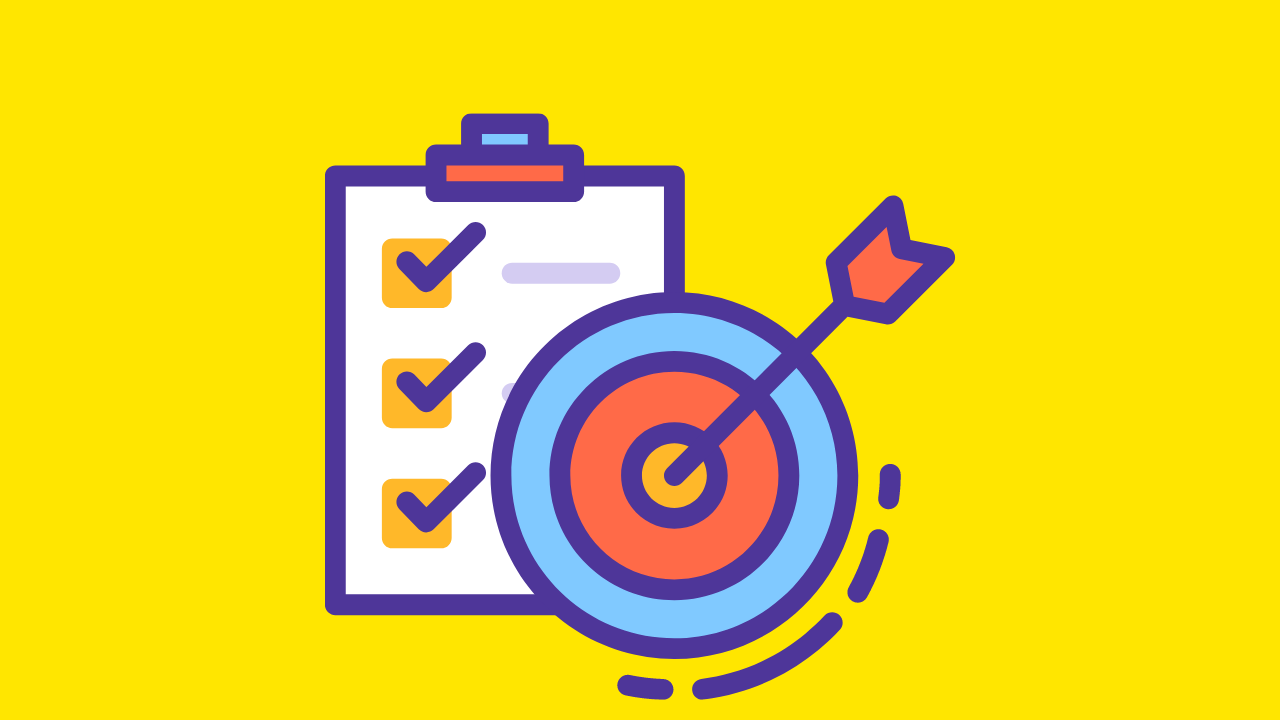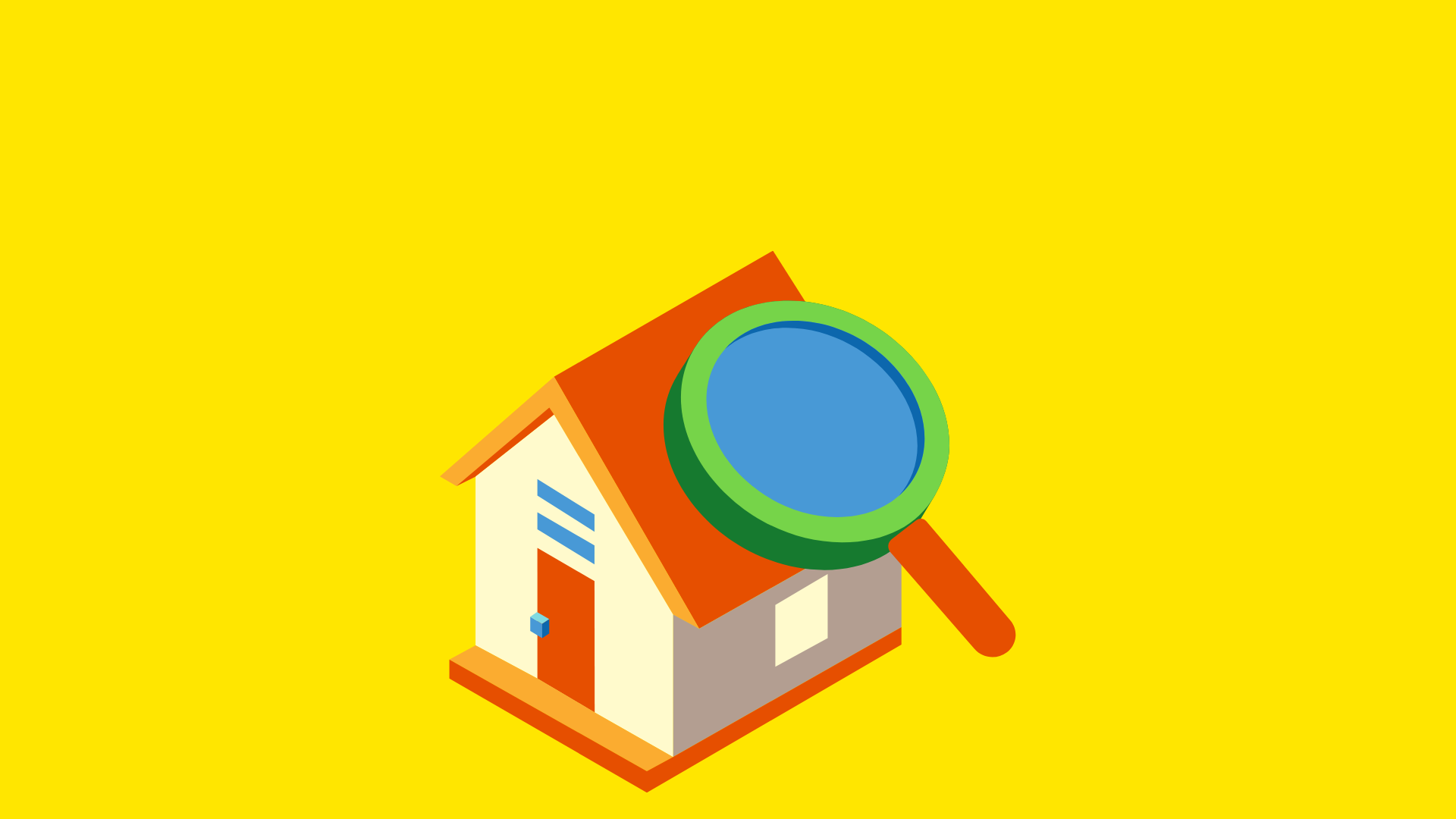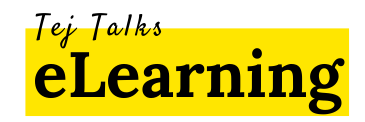How Much Money Do You Need To Start In Property?
If you’ve been in the property industry for a while, you’ve probably asked or heard the following question more than a fair share of times:
“How much money do I need to get started in Property?”
When I first started, this was also something that puzzled me. With many of the gurus out there saying you can start with a sum total of £0, you might wonder:
Why on earth isn’t everyone getting into property? Or how is it possible that acquiring a piece of land that’s bringing you £xxx per month on auto-pilot, costs you less than a KitKat from your local Tesco? I wouldn’t blame you if you felt confused. But I've attempted to clarify some of this confusion with this blog.
“How much money do I need to get started in Property?”
When I first started, this was also something that puzzled me. With many of the gurus out there saying you can start with a sum total of £0, you might wonder:
Why on earth isn’t everyone getting into property? Or how is it possible that acquiring a piece of land that’s bringing you £xxx per month on auto-pilot, costs you less than a KitKat from your local Tesco? I wouldn’t blame you if you felt confused. But I've attempted to clarify some of this confusion with this blog.
4 Steps To Figure Out How Much Money You Need To Start In Property
Before I go any further, I should clarify that this is NOT financial advice. I'm simply a guy with a property portfolio and a podcast, who is sharing my experiences with you. Do us all a favour and speak to your financial advisor before you make any financial decisions.
With that out of the way, you're about to get a breakdown of how much money you need to start. The answer:
It depends…
That’s a disappointing answer, I know, but it’s reality. You'll need to see how much you may need, depending on your strategy.
Don’t get me wrong. The numbers won’t be as high as my critical words above suggest, and there are ways you can get started today regardless of your situation. My point is: Please don’t quit your day job just yet. Because property is not a get-rich-quick scheme like some people may seem to suggest. Yes, I do believe property is the best way to become financially free. And yes, property CAN bring you passive income. But you'll need to get your ducks in a row first, and then you'll need to be prepared to do some good-old-fashioned hard work.
After reading, you’ll get a good idea of how much you need to save up for each strategy. You’ll also learn the secret behind how property gurus pay a minimum amount of their own and how you can start doing the same today.
With that out of the way, you're about to get a breakdown of how much money you need to start. The answer:
It depends…
That’s a disappointing answer, I know, but it’s reality. You'll need to see how much you may need, depending on your strategy.
Don’t get me wrong. The numbers won’t be as high as my critical words above suggest, and there are ways you can get started today regardless of your situation. My point is: Please don’t quit your day job just yet. Because property is not a get-rich-quick scheme like some people may seem to suggest. Yes, I do believe property is the best way to become financially free. And yes, property CAN bring you passive income. But you'll need to get your ducks in a row first, and then you'll need to be prepared to do some good-old-fashioned hard work.
After reading, you’ll get a good idea of how much you need to save up for each strategy. You’ll also learn the secret behind how property gurus pay a minimum amount of their own and how you can start doing the same today.
Step #1: Figure Out Where You Want To Be In 3-5 years?

This is always the first question you should ask yourself in anything you undertake. Property is no different. There are many strategies available at your disposal. Each strategy has its own risks and benefits. And each strategy has its own costs attached to it. However, the strategy you pick depends on your ultimate goal.
Are you simply looking to replace your day job and live a comfortable lifestyle, or are you trying to become the next Alan Sugar?
If it's the latter, you'll need to follow a completely different path than if you are just happy with a few thousand pounds rolling in every month. How would you want to identify yourself? Do you picture yourself developing and owning property, while creating new homes for people to live in, or do you just see property as a way to make a passive income?
Once you've figured out your own goals, you can start to think about the strategy that will get you there. Let's look at the breakdown for each strategy.
Are you simply looking to replace your day job and live a comfortable lifestyle, or are you trying to become the next Alan Sugar?
If it's the latter, you'll need to follow a completely different path than if you are just happy with a few thousand pounds rolling in every month. How would you want to identify yourself? Do you picture yourself developing and owning property, while creating new homes for people to live in, or do you just see property as a way to make a passive income?
Once you've figured out your own goals, you can start to think about the strategy that will get you there. Let's look at the breakdown for each strategy.
Step #2: What is the strategy that will bring you towards your goals?
I believe everyone will be able to find a strategy that suits them. Personally, BRR and Flips are my go-to strategies. It’s how I built my portfolio very quickly. So I guess it's only natural that this is what I teach on my eLearning. Here's a breakdown of the other strategies you can follow:
These are the main strategies you can follow. Most property investors use the Buy To Let method.
R2R and Deal Sourcing are great beginner alternatives that you can start with relatively little cost.
But if you want to get wealthy through property, BRRs or Flips is where it’s at.
Each of these strategies requires different amounts of capital to start. Once you’ve decided on the right strategy for you, it’s time to move to step 3 to get a clearer picture of how much you’ll need.
- Buy to let: Good for simple long-term growth or just an alternative to storing your money in the bank
- Rent to Rent: Good for building up cashflow with limited starting funds. Find more through my ebook here: 3 Important factors when looking for Rent2Rents
- Deal Sourcing: Good for learning about property fast and taking the risks off your hands. You can read more about the benefits here: Deal sourcing benefits
- BRR: Good for growing quickly, and owning properties with cash flow and capital appreciation. Learn more through my eLearning.
- Flips: Good for growing your cash pot lightning-quick and not having to deal with tenants. Learn more through my eLearning.
- Assisted Sales: Good if you want to do property flips, but don’t have enough capital or you want less risk.
- Lease Options: Good if you want to own properties in the future, but you don’t have the capital to buy property straight away
- Buy HMO: Good if you want to maximise your passive income and you’re willing to spend more on the properties. You can read more through my ebooks.
- Serviced Accommodation: Good if you want to maximise your cash flow. You can read more through my ebook.
These are the main strategies you can follow. Most property investors use the Buy To Let method.
R2R and Deal Sourcing are great beginner alternatives that you can start with relatively little cost.
But if you want to get wealthy through property, BRRs or Flips is where it’s at.
Each of these strategies requires different amounts of capital to start. Once you’ve decided on the right strategy for you, it’s time to move to step 3 to get a clearer picture of how much you’ll need.
Step #3: What areas are you investing in?

This is massive. An investment property in West London will give you a completely different picture than if you were to buy in Newcastle. Newsflash, that’s why people go further afield, hours away from home!
Some areas are cheaper than others due to local demand and supply differing between areas. By area, we’re not just talking about cities. We’re talking about communities, streets, and neighbourhoods.
You should be clued up on your chosen investment area. In fact, you should know it like the back of your hand. Do some research, and figure out the average house prices and local trade prices. If you’re thinking of doing rent to rent, you’ll need to check what the properties usually rent for, as you’ll often need to pay the first month's rent upfront.
Once you’ve done your research, you should have a good idea of how much you’d be looking to spend.
Now let’s put that all together.
Some areas are cheaper than others due to local demand and supply differing between areas. By area, we’re not just talking about cities. We’re talking about communities, streets, and neighbourhoods.
You should be clued up on your chosen investment area. In fact, you should know it like the back of your hand. Do some research, and figure out the average house prices and local trade prices. If you’re thinking of doing rent to rent, you’ll need to check what the properties usually rent for, as you’ll often need to pay the first month's rent upfront.
Once you’ve done your research, you should have a good idea of how much you’d be looking to spend.
Now let’s put that all together.
Step #4: Putting it all together
So it’s the moment you’ve all been waiting for. It’s time to finally put this together and estimate how much you’d need.
There’s no one-size-fits-all. You really need to assess your local market and see how much each strategy will cost.
Don’t worry though. I won’t leave you empty-handed. There’s still an estimate you can make based on the chosen strategy. At least if all your investments are within the UK.
Rather than talking about specific prices, let’s look at pricing brackets instead. Normally, if you’re buying a property you’d only be looking to put down 20-50% in cash (deposit, legal, and refurb costs) compared to the asking price. If your strategy is rent to rent, you’re very unlikely to have to spend more than £10k. If you’re deal sourcing you’d be pretty wasteful if you spend any more than £5k to start with.
There’s no one-size-fits-all. You really need to assess your local market and see how much each strategy will cost.
Don’t worry though. I won’t leave you empty-handed. There’s still an estimate you can make based on the chosen strategy. At least if all your investments are within the UK.
Rather than talking about specific prices, let’s look at pricing brackets instead. Normally, if you’re buying a property you’d only be looking to put down 20-50% in cash (deposit, legal, and refurb costs) compared to the asking price. If your strategy is rent to rent, you’re very unlikely to have to spend more than £10k. If you’re deal sourcing you’d be pretty wasteful if you spend any more than £5k to start with.
| Amount of Cash Required | Strategies |
| Small (£0-10k) | Rent to rent, deal sourcing, lease options, assisted sales |
| Medium (£10k-£40k) | BTL, small HMO’s, SAs |
| High (£40k+) | BRR’s, Flips, Large HMOs |
This is pretty general. As mentioned, this WILL vary based on your investment area. But it serves as a useful guide when deciding which strategy you should go for.
Now, I hope you’re ready for the plot twist!
If you’re sitting there thinking that this is too much, then don’t worry.
Who said you need to be the provider of the capital? There are wealthy investors everywhere who are looking to loan their money to someone who can invest it for them.
If you want, you can start with £0 in your bank account and just leverage your investors’ money. Of course, it helps to have some skin in the game yourself, but it’s not strictly necessary if you’re resourceful.
In fact, if you want to grow quickly, there’s no way around leveraging other people’s money (OPM).
So there you have it. 4 steps to figuring out how much money you need to start in property and a beautiful plot twist. Who doesn’t love a good plot twist?
Yes, you can start with zero. But it requires you having some decent knowledge of what you’re doing. Here are two ways to get started:
To see a more detailed financial breakdown watch my Youtube video.
To see the exact breakdown on my own deals check out my book on Amazon.
Until next time.
Who said you need to be the provider of the capital? There are wealthy investors everywhere who are looking to loan their money to someone who can invest it for them.
If you want, you can start with £0 in your bank account and just leverage your investors’ money. Of course, it helps to have some skin in the game yourself, but it’s not strictly necessary if you’re resourceful.
In fact, if you want to grow quickly, there’s no way around leveraging other people’s money (OPM).
So there you have it. 4 steps to figuring out how much money you need to start in property and a beautiful plot twist. Who doesn’t love a good plot twist?
Yes, you can start with zero. But it requires you having some decent knowledge of what you’re doing. Here are two ways to get started:
To see a more detailed financial breakdown watch my Youtube video.
To see the exact breakdown on my own deals check out my book on Amazon.
Until next time.
Write your awesome label here.
Where you going?
Join my Mailing list for exclusive discounts
Thank you!

